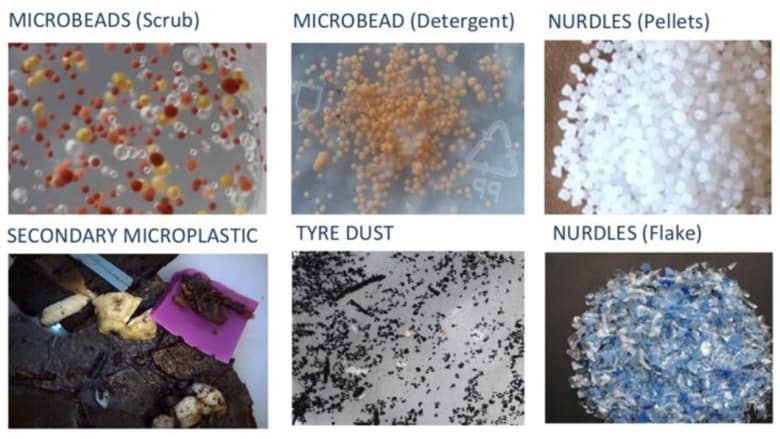 London: Microplastics have been found in humans for the first time leading to fears they could be causing a raft of health and fertility problems.
London: Microplastics have been found in humans for the first time leading to fears they could be causing a raft of health and fertility problems.
"Although previous studies have calculated that Europeans could ingest as many as 11,000 tiny pieces of plastic a year, through consuming seafood or accidentally eating bits of packaging, it has never been proven until now."
We have been warning people of the potential health dangers of plastic pollutants in the environment for many years now. It's a bitter sweet pill to know that these dangers are now being recognized by the scientific community, validating our concerns.
"Scientists at the Austrian Environment Agency and the University of Vienna analysed stool samples of people from eight countries and found every one contained microplastics.
In some cases nine different types of plastic were found in a single sample. On average, 20 microplastic particles per 10g of human waste were found."
Microplastics are now so far spread they persist in virtually every known environment on the planet! It is virtually impossible to avoid these containments, so exposure is almost certain. Most likely exposure to multiple sources. Unless people are actively working to nullify the side effects of these plastics, the chances are they will have a negative consequence on our health.
"This is the first study of its kind and confirms... that plastics ultimately reach the human gut" said Dr Philipp Schwabl, the lead researcher who presented the findings at the United European Gastroenterology meeting.
"While the highest plastic concentrations in animal studies have been found in the gut, the smallest microplastic particles are capable of entering the bloodstream, lymphatic system and may even reach the liver. We need further research to understand what this means for human health."
Many microplastics contain what are known as hormone mimicking chemicals, these can really wreak havoc on our endocrine system, and cause all types of imbalances and disturbances. This can lead to all types of conditions from fertility issues through to difficult to treat skin conditions such as acne and even scaring.
"Microplastics are particles of plastic less than 5 millimetres and are used in various products. They also form when large pieces break down through weathering, degradation or wear and tear.
Microplastics - shed by everything from synthetic clothing to road paint - are present in 83 per cent of tap water samples, all German beers and even in European rainwater, studies show.
Experts fear that microplastics in the body may damage the immune system, trigger inflammation, and can help carry toxins such as mercury or pesticides into the body. In sea mammals, it is believed plastics damage fertility."
These plastics can cause all types of issues with out basic functions. The danger is it is often difficult to identify when these plastics are presenting a problem to the body. Exposure of these estrogen mimickers is often gradual, so the impact may only be identified once a serious symptom has expressed, if it is identified at all. The truth is, most people aren't even aware yet that microplastics are of any concern, so hopefully this will be taken into greater consideration into the future, when diagnosing health conditions.
"The study looked at eight individuals from Finland, Italy, Japan, the Netherlands, Poland, Russia, the UK and Austria. Their food diaries showed that all were exposed to plastics during the week either by consuming plastic-wrapped foods or drinking from plastic bottles. Six of them consumed sea fish that often consume microplastics.
Dr Stephanie Wright, a research fellow at King's College London, said "the fact that so many different polymers were measured suggests a wide range of contamination sources. What is of concern is whether this size range reflects our true exposure, or if smaller sizes are being retained or are able to cross over the gut wall."
"What may be of greater concern for these large microplastics, is whether any associated chemical contaminants leach off during gut passage and accumulate in tissues."
The fact that these these plastics may be able to work their way over the gut wall is particularly concerning. Our entire immune system stems from our gut, so if this is under constant aggravation from microplatics, humans indeed do have a big problem.
Fortunately there are potential solutions, such as Diindolylmethane (DIM), the active ingredient in EstroBlock. This concentrated extraction from the brassica family is showing great potential in the reduction of symptoms caused by exposure to hormone mimickers. Used in conjunction with regular exercise and clean eating, this powerful plant based supplement may provide the balance required to be able to cope in a world ever increasing in presence of microplastics. Once again the power of nature has in it's hands, one of the solutions to one of the greatest challenges us humans have gotten ourselves into. Of course Estroblock is no magic bullet and you should still avoid hormone mimickers where you can, by eating clean organic food as much as possible. As far as a way to potentially help the body to reshift some of the backload of toxins, Estroblock is top of its game. Try EstroBlock today, notice the difference rapidly. Your body with thank you.
Source:
Microplastics have been found in humans for the first time. It's a worry
https://www.smh.com.au/world/europe/microplastics-have-been-found-in-humans-for-the-first-time-it-s-a-worry-20181023-p50bbd.html

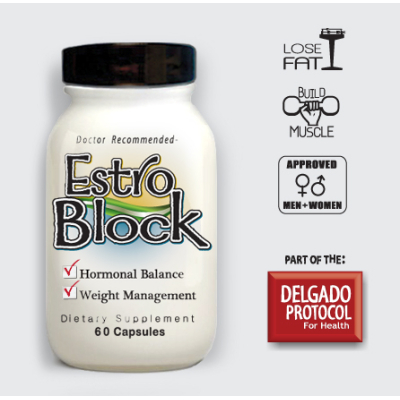

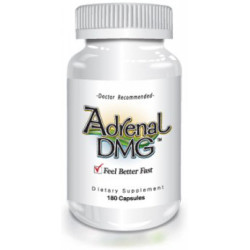

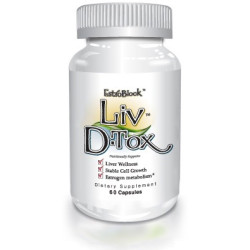
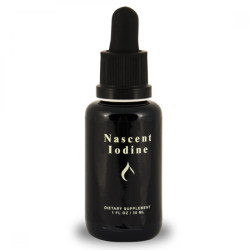
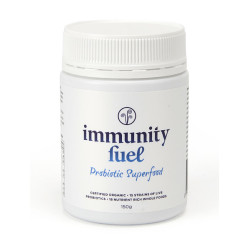
 London: Microplastics have been found in humans for the first time leading to fears they could be causing a raft of health and fertility problems.
London: Microplastics have been found in humans for the first time leading to fears they could be causing a raft of health and fertility problems.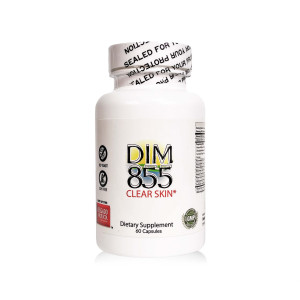
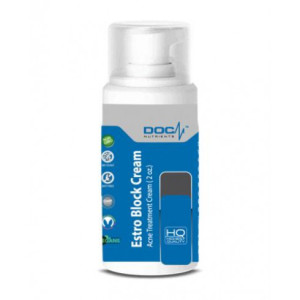
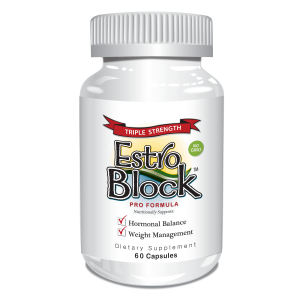
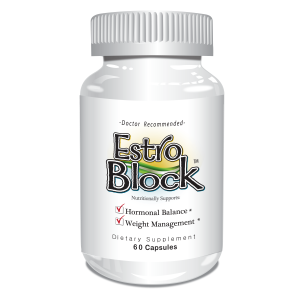
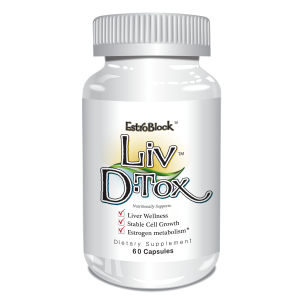
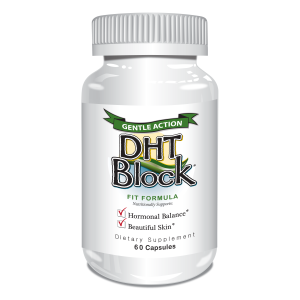
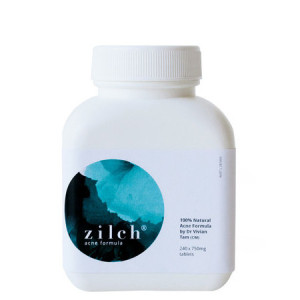
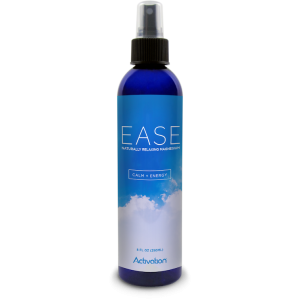

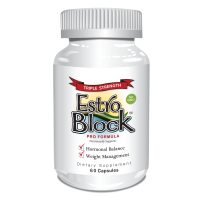

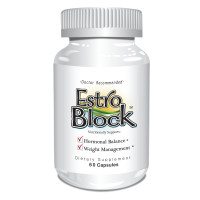

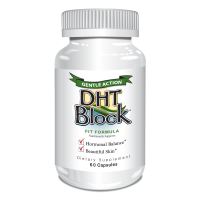
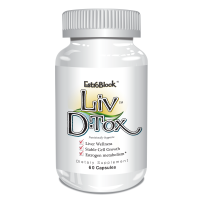
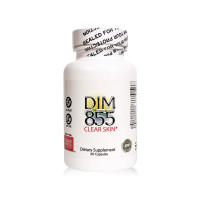
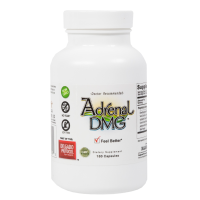

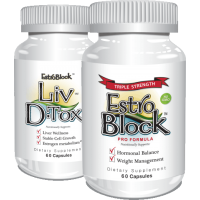

Leave a Comment